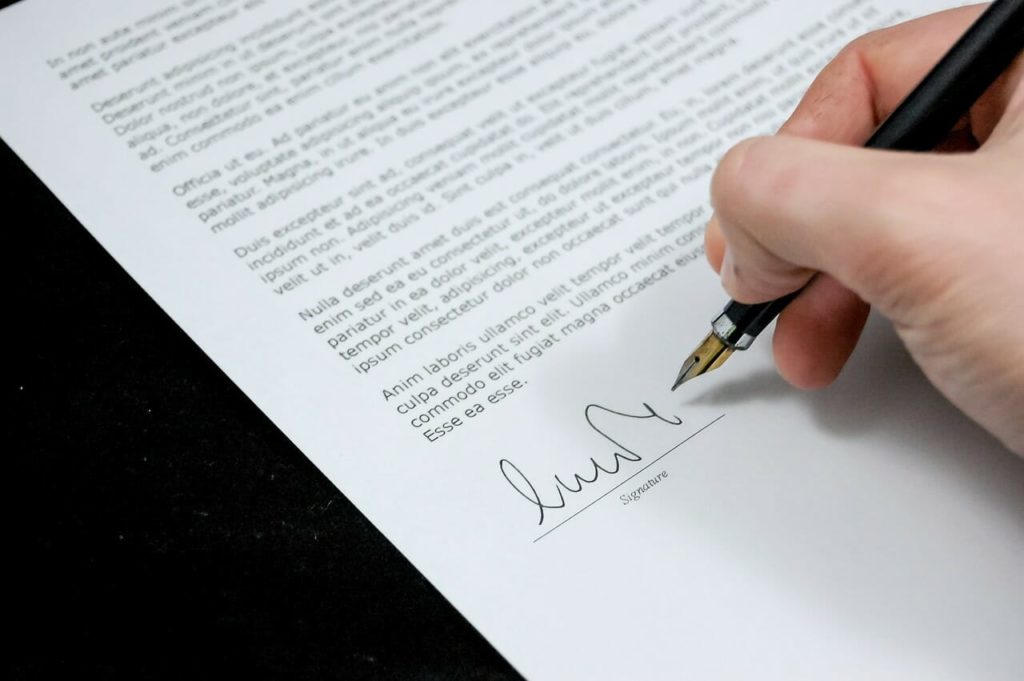
You may not think of it as an estate in the “Michael Jackson’s estate” sense, but you do have one. Money in your bank account, a car, a home, investment property—all are part of your estate. If you are reading this article, you may not yet have a plan for what happens to your assets if you pass away or become disabled. Maybe you think you are too young to have an estate plan or that it’s not worth your time or money to develop one. After all, what’s the worst thing that could happen? As Maryland estate planning attorneys, we are familiar with the consequences of not having an estate plan and what you or your family may expect.
If You Become Incapacitated
No matter how careful you are, there is no way to avoid accidents—you may simply be in the wrong place at the wrong time. Accidents don’t discriminate by age—and anyone who drives or rides in a vehicle is at risk of serious injury every day. What would happen if you became incapacitated without having an estate plan in place?
If you didn’t specifically appoint someone to represent your financial interests, whether through a durable power of attorney or a Trust, you are leaving these decisions up to a court. Assuming you can no longer pay your bills or manage your assets, the court will appoint a guardian (aka conservator) to do this for you. This may not be the same person you would choose, and this person may not have your best interests in mind. If you don’t have any close relatives, your guardian may be someone with whom you barely have a relationship, instead of a trusted friend.
If You Are Injured and Unable to Communicate
An important component of an estate plan is the “advance medical directive” or so-called “living will.” This document sets forth your wishes as to what sort of life sustaining treatment you do or don’t want to receive, who should make decisions for you if you are unable to communicate, etc. If you don’t have this document and you end up in a hospital unable to communicate your wishes, the doctors may turn to whichever family member is close at hand to make decisions for you, or may require the court to appoint a guardian on your behalf.
Not having written guidelines or a healthcare agent to act on your behalf means that you have no say over what happens to your own body. You may be opposed to certain treatments or procedures, but there is no way for your doctors to know this if you don’t have a properly written advance directive.
If You Die
If you die without leaving a Will or a Trust, you have died “intestate.” This means that the courts will follow the Maryland intestacy laws to divide your estate between your spouse, children, parents, descendants and creditors. Relatives you haven’t spoken to in years may get a significant portion of your estate that you would rather leave to someone else.
A Will is a basic estate planning document that most people need, and it is part of a complete plan that will save your family much unnecessary worry, cost and trouble. Do you need more complex estate planning strategies, such as a Trust or other ways to eliminate or minimize probate costs or estate taxes? DK Rus Law is here to help. We are experienced in a variety of estate planning techniques, giving our clients peace of mind at a reasonable cost.
Call us or contact us online for a free consultation.

